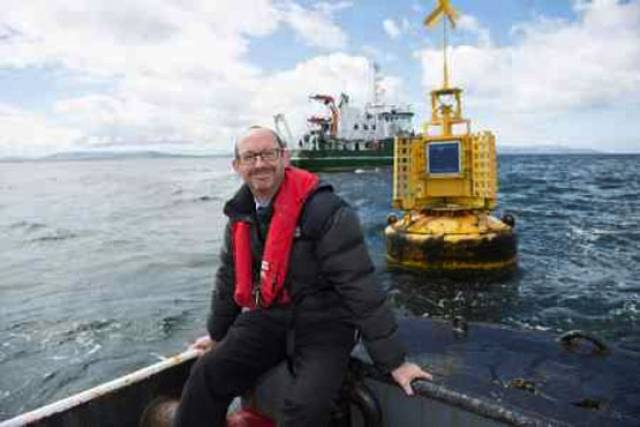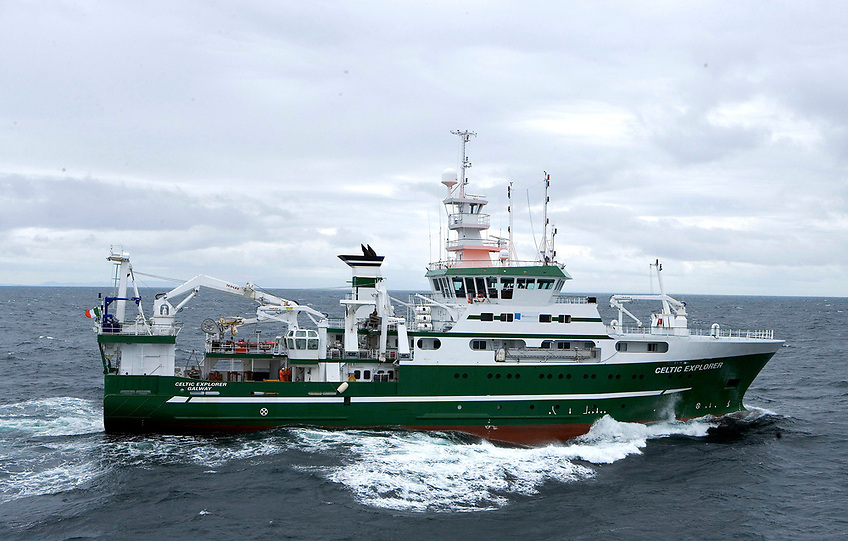#SmartBay - Launching in tandem with the Our Ocean Wealth Conference in Galway today (Friday 1 July), the SmartBay Subsea Observatory will begin feeding data from the seabed at Galway Bay to businesses, researchers, scientists and policy makers.
Supported by the Marine Institute, Sustainable Energy Authority of Ireland and Science Foundation Ireland, the SmartBay Subsea Observatory is considered a key element of creating an infrastructure to support the blue economy that's critical to the success of Ireland's integrated marine plan.
Technology deployed at the observatory will be used to collect valuable data from the ocean and will be a critical component of a world-class maritime infrastructure in Ireland.
Speaking at Digital Ocean today at the Meyrick Hotel, Galway SmartBay general manager John Breslin said: "The SmartBay observatory represents the Internet of Things for the marine.
"Thanks to the extensive underwater equipment we have installed, real-time data from sensors can be accessed through the web and analysed by researchers and companies trying to commercialise novel marine technologies.
"The information from the subsea observatory will accelerate developments in the marine sector and contribute to environmental monitoring, the development of ocean energy technologies, education and research as well as maritime security. It is a hugely significant addition to Ireland¹s Digital Ocean IoT infrastructure".
In 2015, the RV Celtic Explorer was used to lay a 4km cable and a frame was installed on the seabed to which sensors and monitoring equipment were attached as part of the development of the ocean observatory.
Now for the first time, the cable will supply power to the site and allow for unlimited data transfer from the site for researchers testing new and innovative marine technologies.
"The SmartBay subsea observatory will greatly enhance our understanding of the sea, the impact of weather and climate change, and how the sea reacts in various conditions and how our man-made products will react underwater," Marine Institute chief executive Peter Heffernan.
Digital Ocean: A Pathway for Developing Ireland's Blue Economy has been is organised by the Marine Institute with the Department of Jobs, Enterprise and Innovation, IDA, Enterprise Ireland, Science Foundation Ireland, Sustainable Energy Authority of Ireland, the Irish Marine Development Office and SmartBay Ireland.
The event aims to promote Ireland's digital ocean opportunity highlighting how technology companies can drive new forms of innovation in the blue economy using Ireland as a test-bed with its significant marine resource, world-class expertise and infrastructure.
Tonight's edition of Seascapes on RTÉ Radio 1 and Afloat.ie will have more on the SmartBay project.
































































